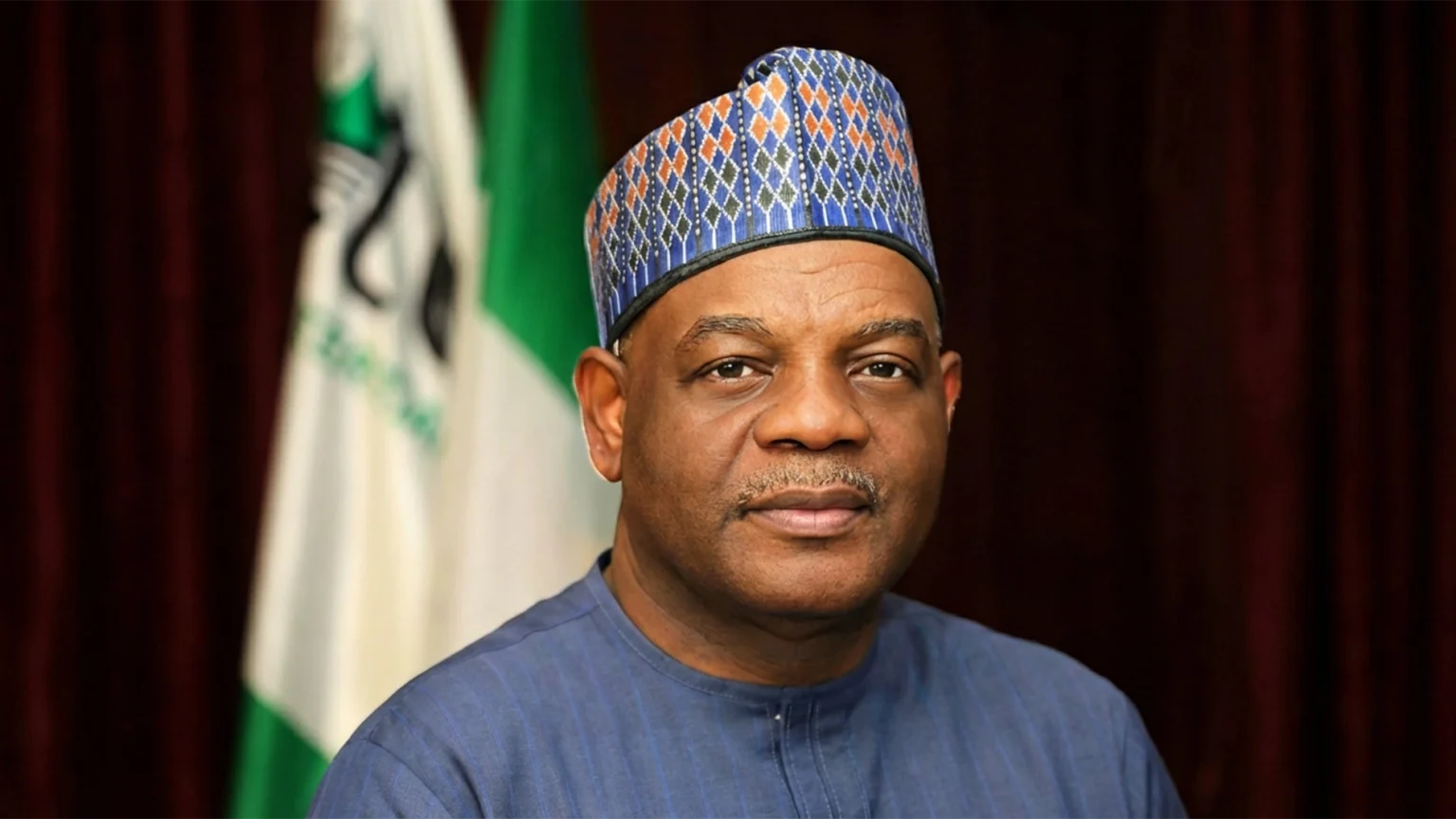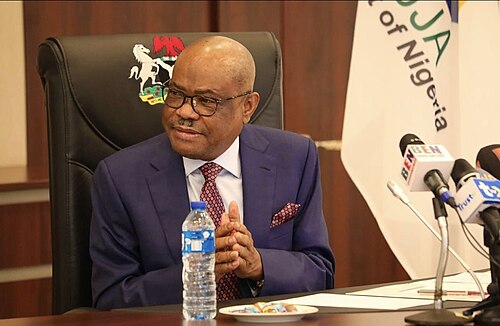The Nigerian Senate has recently come under scrutiny following claims that it determines its own salaries and allowances, and that it receives special fiscal packages from the Presidency. These allegations, brought to the forefront by former President Olusegun Obasanjo, have sparked significant public debate and raised questions about the integrity of the legislative process. However, the Senate has strongly denied these accusations, insisting that it operates strictly within the confines of the law and that the claims are baseless and politically motivated.
The controversy began when former President Obasanjo, during a meeting with some members of the House of Representatives in Abeokuta, Ogun State, criticized the National Assembly, labeling it “immoral” for allegedly determining its own salaries and allowances. Obasanjo emphasized that the responsibility for setting the remuneration of public office holders lies solely with the Revenue Mobilisation Allocation and Fiscal Commission (RMAFC), as mandated by law. He argued that any deviation from this process undermines the principles of good governance and transparency.
In response, the Senate, through its spokesperson Yemi Adaramodu, issued a series of statements refuting Obasanjo’s claims. Adaramodu described the former president’s allegations as “uncharitable” and a deliberate attempt to discredit the legislature. He clarified that the Senate, along with the House of Representatives, receives only the salaries and allowances that have been constitutionally prescribed by the RMAFC. The Senate challenged anyone with credible evidence to the contrary to present it, asserting that such claims are part of a broader effort to “crucify the legislature by the centurions of political hypocrisy.”
The issue of how salaries and allowances are determined for members of the National Assembly has long been a contentious one. According to the RMAFC, the monthly entitlement of each senator is about N1,063,860, which includes a basic salary of N168,866 and various allowances such as motor vehicle fueling and maintenance, personal assistant pay, domestic staff, entertainment, utilities, newspapers, wardrobe, house maintenance, and constituency allowances. These figures are all within the framework established by the RMAFC, which is the only body authorized to set such remunerations.
Adaramodu reiterated that the Senate does not have the constitutional power to determine its own salaries or allowances. “The senators or the National Assembly do not and cannot fix their salaries. Any suggestions to the contrary are uncharitable and satanic,” he stated. This clarification was intended to dispel any misconceptions and to reassure the public that the legislative body operates within the boundaries of the law.
One aspect of the controversy that has added fuel to the fire is the issue of running costs, which are separate from salaries and allowances as prescribed by Nigerian law. These running costs cover the expenses incurred by lawmakers in the course of performing their duties and are not explicitly detailed in the RMAFC’s remuneration package. Former Senator Shehu Sani had previously disclosed that senators receive N13.5 million monthly as “running cost,” in addition to their official salary and allowances. This revelation caused an uproar, with many questioning the transparency of such payments.
Despite the controversy, the RMAFC did not deny the existence of these running costs but clarified that the details of such expenses are managed by the National Assembly Service Commission. In his statement, Adaramodu did not address the specifics of the running costs but focused instead on the official salaries and allowances as determined by the RMAFC. This omission has led to continued speculation and calls for greater transparency in the handling of lawmakers’ finances.
Another major point of contention raised by the former president and addressed by the Senate is the issue of constituency projects. These projects, which are intended to bring federal resources to various regions across Nigeria, have often been criticized as vehicles for corruption and financial mismanagement. Obasanjo insinuated that these projects serve as a conduit for lawmakers to receive financial patronage from the Presidency, further enriching themselves at the expense of the public.

Adaramodu, however, categorically denied these accusations. He explained that constituency projects are only nominated by lawmakers but are executed by the executive branch of government through its various ministries and agencies. The funds allocated for these projects are not directly handled by the lawmakers themselves but are instead managed by relevant government bodies. “The Executive arm of government, through its various ministries and agencies, is responsible for awarding contracts for constituency projects. The funds allocated for these projects vary depending on the number of constituencies in each state, and the intention is to ensure that every region of Nigeria benefits from federal resources,” Adaramodu stated.
He further clarified that the allocation of funds for these projects varies depending on the number of constituencies within each state. This system is designed to ensure that federal resources are distributed equitably across the country, and not to serve as a means of financial patronage for lawmakers. The Senate spokesperson emphasized that the 10th Assembly is committed to ensuring that every part of Nigeria feels the impact of federal presence, and that the allocation of constituency project funds is a key part of this commitment.
As the controversy continues to unfold, the Senate has sought to position itself as a responsible and responsive legislative body, dedicated to the development and growth of Nigeria. Adaramodu assured the public that the Senate would not engage in any activities that could harm the country’s economy or undermine its democratic institutions. He described the current political climate as a “season of political pontificating,” where accusations and counter-accusations are often used as tools for political gain.
“The 10th Senate is a responsible and responsive chamber, hence would not do anything that can harm the economy and growth of Nigeria. It thus receives only what the relevant agency of government constitutionally allocates to it and would never solicit for extra ludicrous perks from the other arms of government,” Adaramodu asserted.
This statement is part of the Senate’s broader effort to reassure the public that it remains committed to transparency, accountability, and the rule of law. The Senate insists that it only receives what is constitutionally allocated to it and that it operates within the legal framework established by the RMAFC.
SOURCES
- https://www.premiumtimesng.com/news/top-news/723288-senate-replies-obasanjo-denies-fixing-own-salaries-allowances.html
- https://www.thecable.ng/senate-to-obasanjo-its-uncharitable-to-claim-nassembly-members-fix-their-salaries/amp/
- https://punchng.com/senate-denies-fixing-own-salaries/




